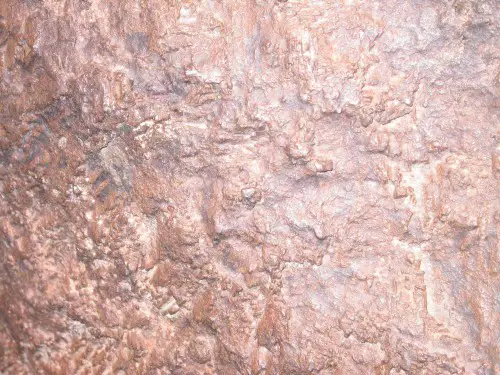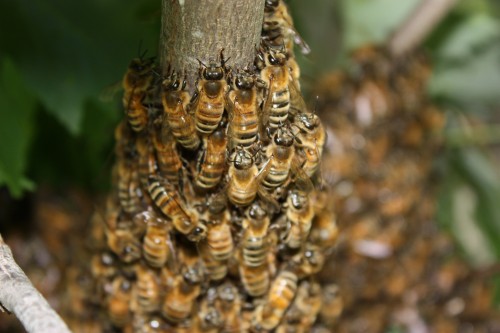‘Grieving’ dolphin keeps hold of dead calf
If you thought that humans were the only ones that grieved for those close to them who passed away – think again. Recently at a harbour in New Zealand, a grieving dolphin was photographed carrying a dead carcass of its calf on its head.

Grief - An adult female dolphin with a dead calf in the Whangarei Harbour. Photo: Orca Research Trust
According to the New Zealand Herald, Scientists actually say that this sighting of dolphins grieving for their late family members is not an uncommon sighting. It just happens to be not witnessed often by humans as they usually are far away from land when they do this.
The New Zealand Herald interviewed Ingrid Visser, a whale expert from the Orca Research Trust, who saw this grieving dolphin and its decomposing calf last Thursday. She named the dolphin ‘Potato’, and saw the dolphin in Whangarei Harbour which is on the north island of New Zealand. As this is one of the first times that humans have witnessed this display of emotions close to land, it proved that Potato’s behaviour showed that dolphins were more ‘human-like’ than previously believed. Visser also believed that this would also provide dolphins with a new found respect.
Dr Visser said, “It’s them trying to grieve as well as look after what they don’t understand is a dead animal”. Dr Visser and her team spent 2 hours trying to track the dolphin and were also able to get close to the animal. It is known that dolphins do bond closely with their calves – however it is unknown whether the deceased calf that Potato is carrying was actually Potato’s or not.
According to Dr Visser, dolphins are human-like. This is because they have neurons in their brains which are associated with empathy and grieving. “Dolphins have these same spindle neurons and actually they have more of them than we do,” Visser said.
“We’re not really sure why the behaviour has evolved, but we think it’s got something to do with the group structure and the way they support each other and care for each other.”
There are concerns for Potato, as she is carrying the decomposing body near its eyes, blow hole, and mouth where bacteria can enter. Rotting carcasses will certainly have bacteria in it, so she will be literally breathing it in. “But what can you do? If we took the carcass away from her it might even cause more problems for her.”
The typical gestation period for a dolphin is 11 months. Calves can spend up to 3 years suckling its mother. Visser says that records from overseas show dolphins will carry the carcasses for up to six days.



